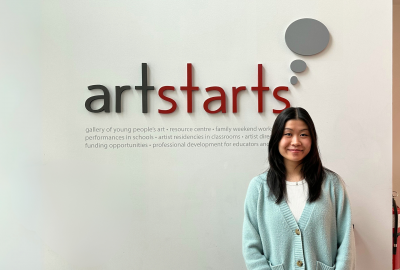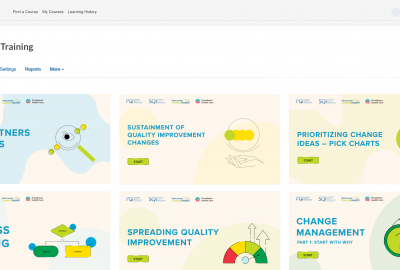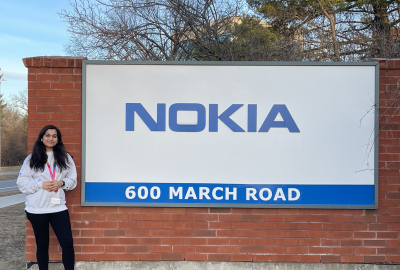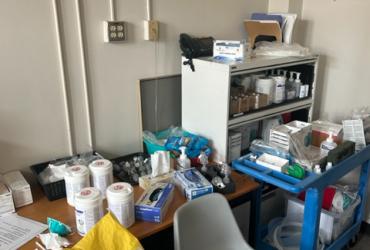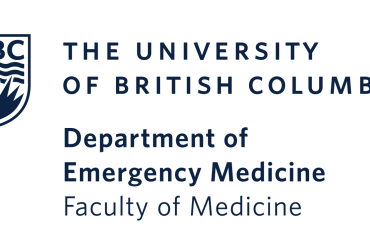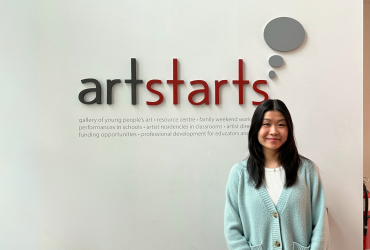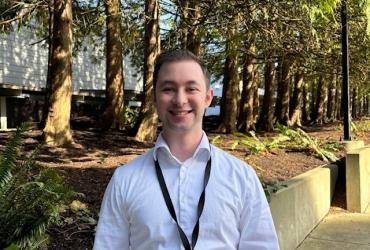Orientation and First Weeks
The first few days involved my orientation and training, lots of it. I was fortunate enough to have the previous Co-op students, along with my supervisor and employer, to help me through the sheer amount of information and systems I had to become acquainted with before I began performing on my own. Training involved practice with things such as scheduling systems, and roleplay for how to greet and talk to patients. While I was nervous at first, it was thanks to their support and patience that I was slowly, but surely, able to get a good grasp and understanding of my role.
Day to Day
Every day at my workplace is broken up into 3 parts, or 3 P's: Preparation, Perform, and Polish. Preparation happens at the start of the day, which typically involves going through a checklist of daily tasks, such as discussing the schedule with the team, answering emails, and doing laundry. Perform happens during patient care, where we see, treat, and serve patients. Here, my team's main goal is to create an environment of healing and empathy through exceptional customer service. Lastly, Polish happens near the end of the day, after we see the last patient. It is a time when we review and discuss how the day went, the things we did well on, and the things that we could improve on. Having a discussion was important, as it allowed us to not only improve as individuals, but as a team as well.
Learning and Adaptation
For my position, there was a steep learning curve I had to face at the beginning. In just under 2 weeks of training, I had to be able to perform at an acceptable level to handle the active and dynamic work environment. Considering that everything was new to me, I learned the importance of being open to making mistakes, being aware of the learning opportunities that came from them. After I gained a basic understanding of my role and developed new skills, I was able to use that knowledge to adapt to new and unfamiliar situations, whether it involved handling a difficult patient, communicating with insurance companies, or scheduling patients when a system was down.
Accomplishments and Challenges
My greatest accomplishment and challenge would be the day I worked solo as members of my team were either sick or scheduled off, so it was just me and the practitioners left to treat and serve patients. I was only 2 months into my position and only had an adequate understanding of my role and confidence in myself. It was daunting at first, but instead of seeing this day as an inevitable disaster, I chose to see it as a test of my skills, knowledge, and determination. While my performance wasn't perfect and I received lots of help from the practitioners, I kept learning as I moved forward. To this day I am still proud of my accomplishment of flying solo, and I use it as a reminder of what I am capable of when I put my mind to something.

